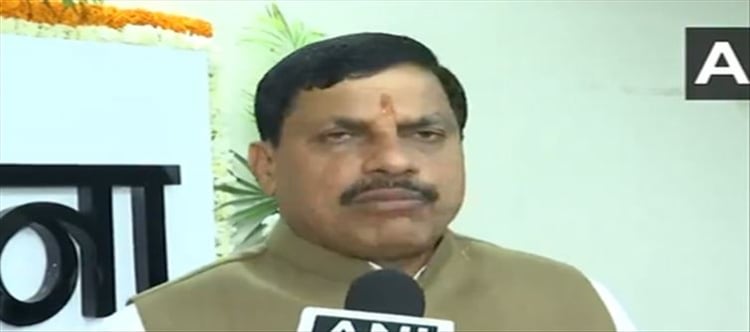
40 years after the bhopal gas tragedy in Madhya Pradesh, 337 tonnes of toxic waste from the Union Carbide factory was sent to the waste deposit unit of Pithampur Industrial Area on thursday morning. local citizens have also started protesting as toxic waste from the Union Carbide factory is coming to Pithampur. They have announced to continue the protest demanding that the toxic waste should not be destroyed in Pithampur.
Meanwhile, regarding the protest, chief minister Mohan Yadav said that the issue should not be politicized. Mohan Yadav said that the waste contains 60 percent soil and 40 percent naphtol, which is used to make the pesticide methyl isocyanate (MIC) and it is not harmful at all. He said that according to scientists, its poison lasts for about 25 years and this tragedy happened 40 years ago.
Giving information about this, the officials said that by creating a 'green corridor' under tight security, the toxic waste was sent in 12 sealed container trucks on wednesday night to the waste deposit unit of Pithampur Industrial Area in Dhar district, 250 km from Bhopal. Officials said that a large number of police forces have been deployed around this unit run by a private company.
The incident happened 40 years ago
Let us tell you that on the intervening night of 2 and 3 december 1984, highly toxic methyl isocyanate gas leaked from the Union Carbide factory in Bhopal. At least 5479 people were killed and thousands were crippled due to the gas leak. The bhopal gas tragedy is considered one of the biggest industrial disasters in the world. On 3 december, the mp High court had set a deadline of four weeks to remove the toxic waste of this factory and warned the government that if its instructions were not followed, contempt proceedings would be initiated.
Addressing a press conference, cm Mohan Yadav said that scientific studies have been done and safe technology will be adopted to destroy the waste. He said that all doubts are answered by the fact that we have been living with this waste for so many years. congress or those opposing the disposal process should not do politics. The apprehensions regarding the disposal of this waste are baseless.




 click and follow Indiaherald WhatsApp channel
click and follow Indiaherald WhatsApp channel